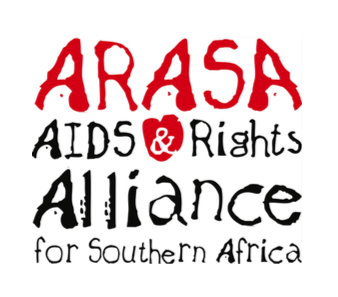
Next month, ARASA will host an short online course on HIV criminalisation for civil society, policymakers, religious leaders, healthcare providers and law enforcement officials.
The course is free, takes place in English, willl last six weeks (5 June 2017 – 14 July 2017) and will require four hours a week commitment.
This online course will introduce participants to information about the criminalisation of HIV transmission, exposure and non-disclosure – often referred to as ‘HIV criminalisation’ – and the negative impact it has on the human rights of people living with HIV and key populations and on universal access to HIV prevention, treatment, care and support.
Human rights experts argue that most countries already have criminal laws, such as the laws against assault with intent to cause grievous bodily harm, that can be used to deal with intentional transmission of HIV and therefore there is no need to create new laws to deal specifically with HIV.
During the course, participants will:
- Learn how to identify harmful HIV laws, including cases which have been recorded showing the impact of laws which criminalise people living with HIV.
- Master the foundational steps and best practices.
- Implement and support strategies to remove laws which harm people living with HIV.
The focus is on providing knowledge and skills so that participants can identify harmful HIV-specific laws and advocate for the removal of these laws. The online short course will share the current status-quo of laws which criminalise people living with HIV, including other resources that aim to strengthen your advocacy.
This course will strengthen participants’ understanding of:
- How do HIV-specific laws criminalise those people living with HIV, further affecting those most vulnerable such as women and key populations
- How cases are being brought against the most affected populations, thus reversing the current successes made in HIV
- How does HIV criminalisation affect YOUR community, and what can you do about it?
How to Apply:
Kindly send ARASA the following:
1. A one page letter of motivation, setting out why you feel that you would benefit from participating in the short course (Please outline how you will use the skills acquired during the course in your own country advocacy);
2. Your resume / CV;
3. A letter of support from the organisation you are currently working with / affiliated to.
Applications should be submitted by email to Bruce Tushabe at bruce(at)arasa.info (and copy Lynette Mabote at lynette(at)arasa.info ).
All applications must be received by no later than close of business 22 May 2017. Kindly note that applications received after the closing date will not be considered. Successful applicants will be notified by no later than 1 June 2017. Should you not receive any feedback from us by 3 June 2017 kindly consider your application unsuccessful.
